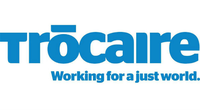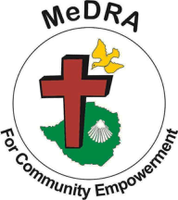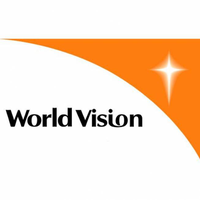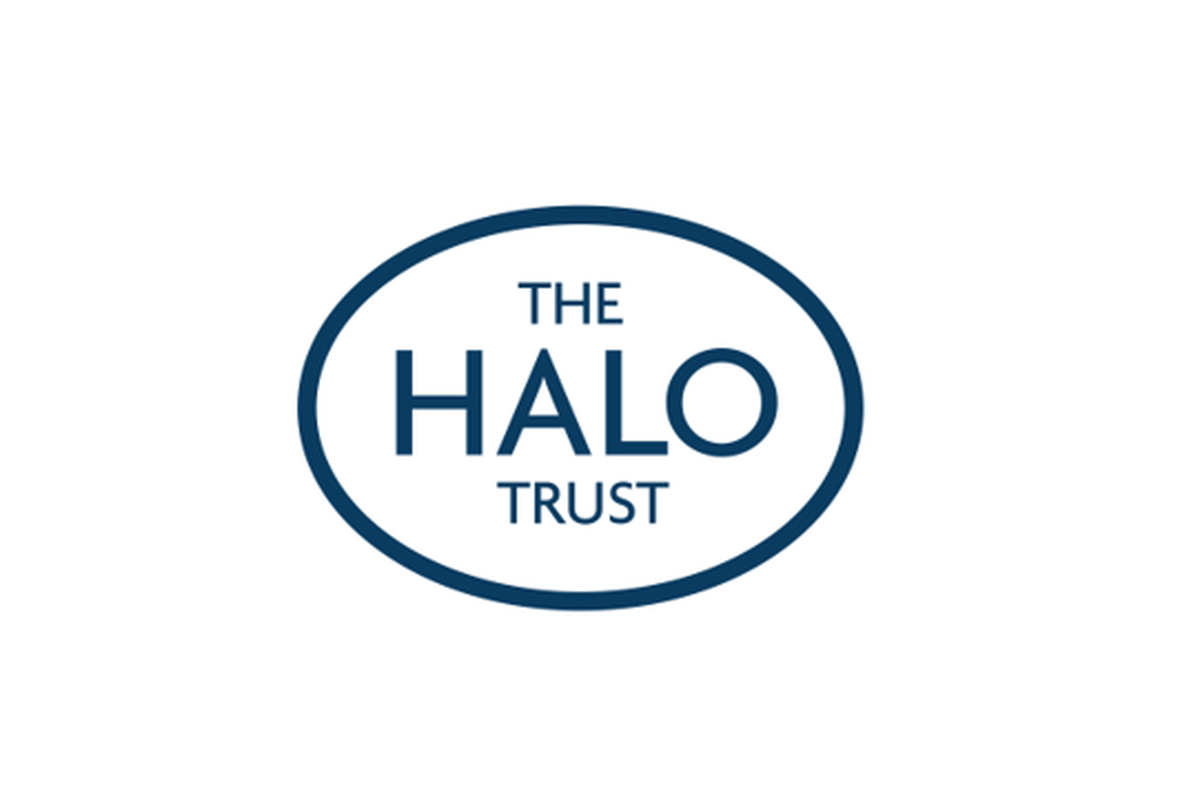INVITATION TO TENDER TENDER FOR THE SUPPLY AND INSTALLATIONS OF SOLAR-POWERED INCUBATORS FOR THE EPWORTH URBAN RESILIENCE PROGRAM IN THE EPWORTH LOCAL BOARD.
Job Description
World Vision Registration No. PVO 26 /79
INVITATION TO TENDER
TENDER FOR THE SUPPLY AND INSTALLATIONS OF SOLAR-POWERED
INCUBATORS FOR THE EPWORTH URBAN RESILIENCE PROGRAM IN THE
EPWORTH LOCAL BOARD.
The World Vision Food Resources Department, under the Urban Resilience Project, is seeking reputable suppliers who can supply and install three 270-egg solar-powered egg hatcheries for the Epworth Local Board.
Section A Technical Requirements
1. Design, supply, and install three 270-egg solar hatcheries, with the correct size of solar
power supply system to power the hatcheries.
2. The specifications required are as follows:
➢ Sizing of the correct size of the solar panels, arrays, and stands or frames.
➢ Correct size of lithium battery bank (Vs/AH)
➢ Provide all the necessary accessories, such as the correct-size invertor (hybrid
inverters), cabling, and necessary temperature regulators.
3. The supplier is to provide general training to the end-users on how to use the incubator
and general management and maintenance of the machinery.
Section B Technical Compliance
When designing the solar-powered incubators, the supplier should consider the following
important specifications:
Duties and Responsibilities
1. Power Requirements:
➢ Determine the total power needed to maintain the desired temperature and humidity
inside the incubator. This includes the power required for heating, cooling, and any other
electronic components. Estimate the maximum power consumption during the
incubation period.
2. Solar Panel Sizing:
➢ Calculate the size of the solar panel(s) needed to provide the required power.
➢ Consider the available sunlight, panel efficiency, and any potential shading or
obstructions. Ensure the solar panel(s) can generate enough power to meet the
incubator's needs, even during periods of reduced sunlight.
3. Battery Capacity:
➢ -Determine the size of the battery or battery bank needed to store enough energy to
power the incubator during periods of low or no sunlight for 24 hours and 365 days
➢ The battery capacity should be sufficient to maintain the desired temperature and
humidity for the duration of the incubation period.
➢ Consider the depth of discharge (DOD) and ensure the battery can handle the required
charge and discharge cycles.
4. Temperature and Humidity Control:
➢ Specify the desired temperature and humidity ranges for the incubator.
➢ Design the heating and cooling systems to maintain these conditions efficiently, using
the available solar power and battery storage.
➢ Incorporate temperature and humidity sensors to monitor and control the
environment.
5. Insulation:
➢ Choose appropriate insulation materials to minimize heat loss or gain, ensuring the
incubator maintains the desired temperature and humidity levels.
➢ Consider the thermal properties of the materials and the overall design of the
incubator enclosure.
6. Monitoring and Control Systems:
➢ Design a control system to monitor and adjust the incubator's temperature, humidity,
and other critical parameters.
➢ Consider incorporating a microcontroller or programmable logic controller (PLC) to
automate the control functions.
➢ Provide a user interface for monitoring and adjusting the incubator settings.
7. Reliability and Robustness:
➢ Ensure the incubator is designed to be reliable and durable, capable of withstanding
the intended operating conditions.
➢ Use high-quality components and materials that can withstand the environmental
stresses, such as temperature fluctuations and potential power disruptions.
8. Safety and Regulations:
➢ Adhere to relevant safety standards and regulations for the intended use of the solar-
powered incubator.
➢ Consider any safety features, such as overheat protection, fire safety, and electrical
safety measures.
Qualifications and Experience
Section C -Administrative
➢ In addition, the supplier should be a registered company with all necessary
paperwork such CR4, CR16, Certificate of incorporation and tax clearance.
➢ The supplier should provide a detailed work plan to supply and install the
incubators.
➢ References to previous similar jobs will be preferred.
➢ The supplier should be prepared to sign the World Vision Safeguarding Policy and
Supplier Code.
➢ Materials used should conform to the Standard Association of Zimbabwe and
other international standards.
➢ The supplier should clearly specify the guarantees for specific items to be
supplied, such as the battery, inverters, panels, and general works.
How to Apply
NB:
➢ Successful suppliers should have an active email address for the online registration
process with the World Vision Zimbabwe as a supplier.
➢ The supplier should design a robust and efficient solar-powered incubators that
meets the needs of the client.
Completed bids sealed in an envelope should state the tender reference “Solar Powered
incubators for Epworth Urban Resilience program” and should be submitted and deposited
in the tender box at World Vision Zimbabwe, National Office, No. 59 Joseph Rd., off Nursery
Road, Mount Pleasant, Harare.
The closing date for the submission of bids is 1500 hours on Tuesday May 28, 2024.
Similar Listings

Expression of Interest : Invitation for Partnership
Trócaire — Harare

Call for Supplier`s Registration for the period (January 2026 to December 2028)
MeDRA - Methodist Development and Relief Agency — Harare

INVITATION TO TENDER TENDER FOR CONSULTANCY FOR PRIVATE SECTOR & FINANCIAL INSTITUTION ENGAGEMENT AND BEST PROJECT SCALE PROPOSAL DEVELOPMENT
World Vision — Harare

Invitation For Supplier Registration
The Halo Trust — Harare

INVITATION FOR REGISTRATION OF SUPPLIERS 2025- 2026 : SCORE AGAINST POVERTY
Local NGO — Masvingo

Location: Epworth
Company: World Vision
Expiry Date: 2024-05-28 00:00:00
